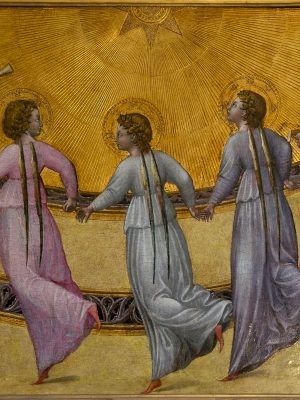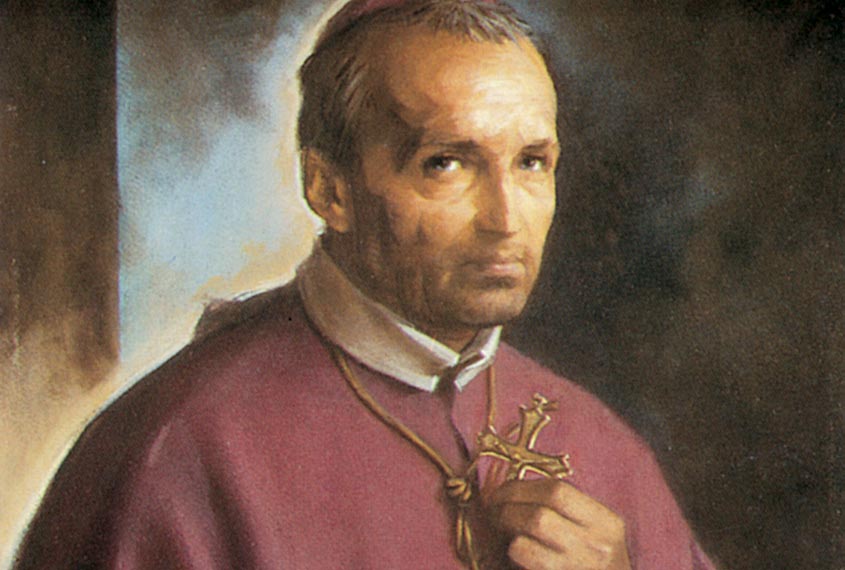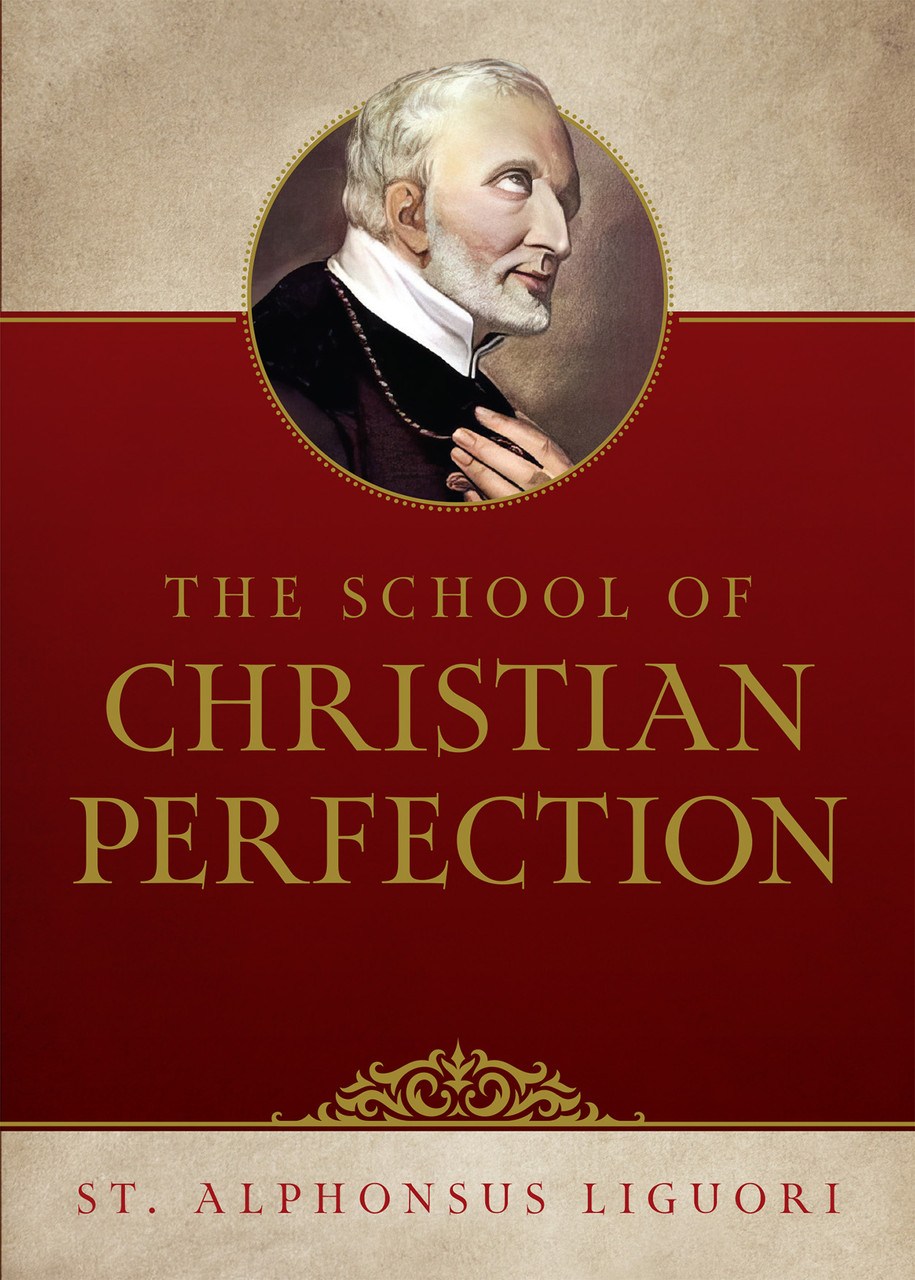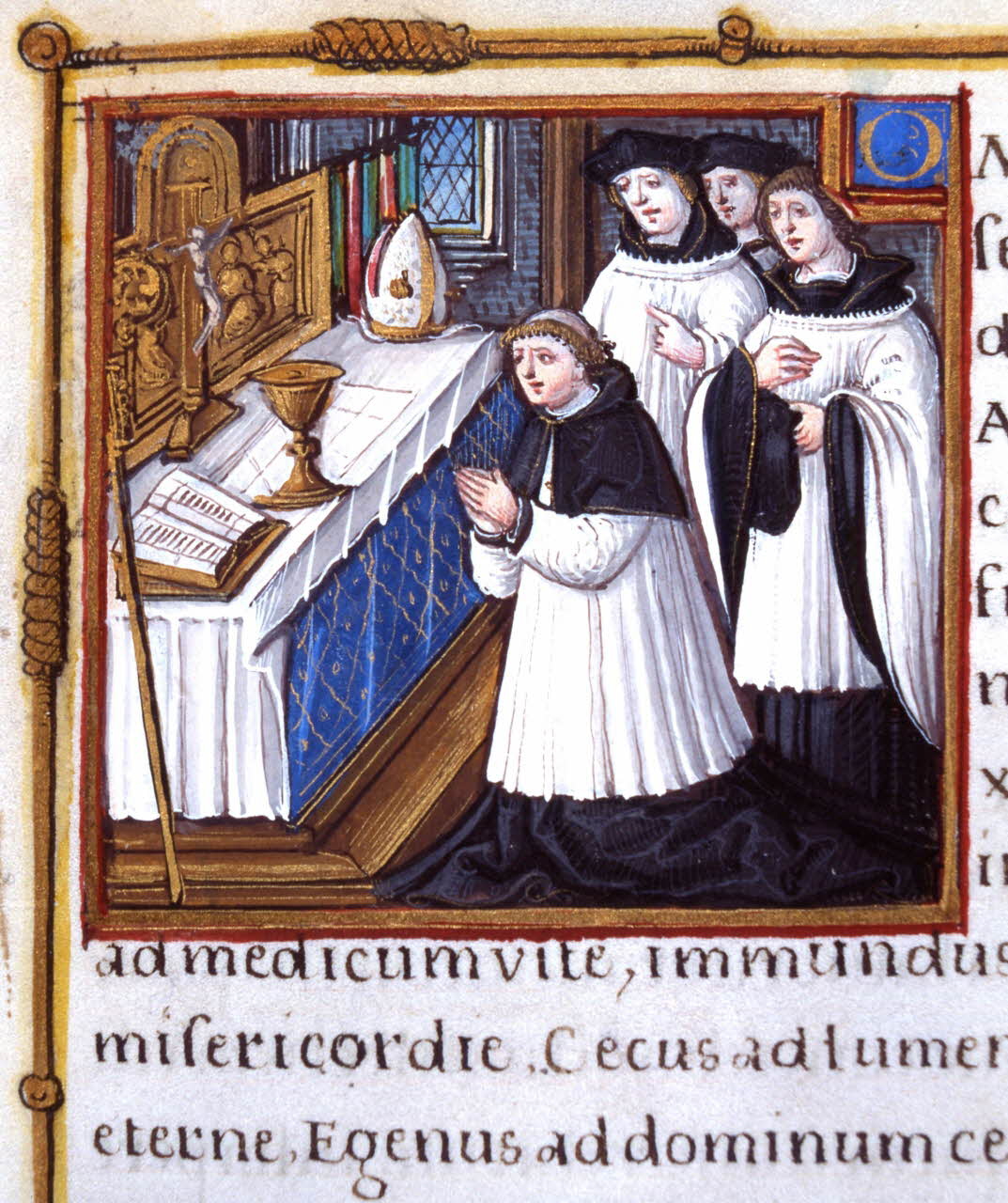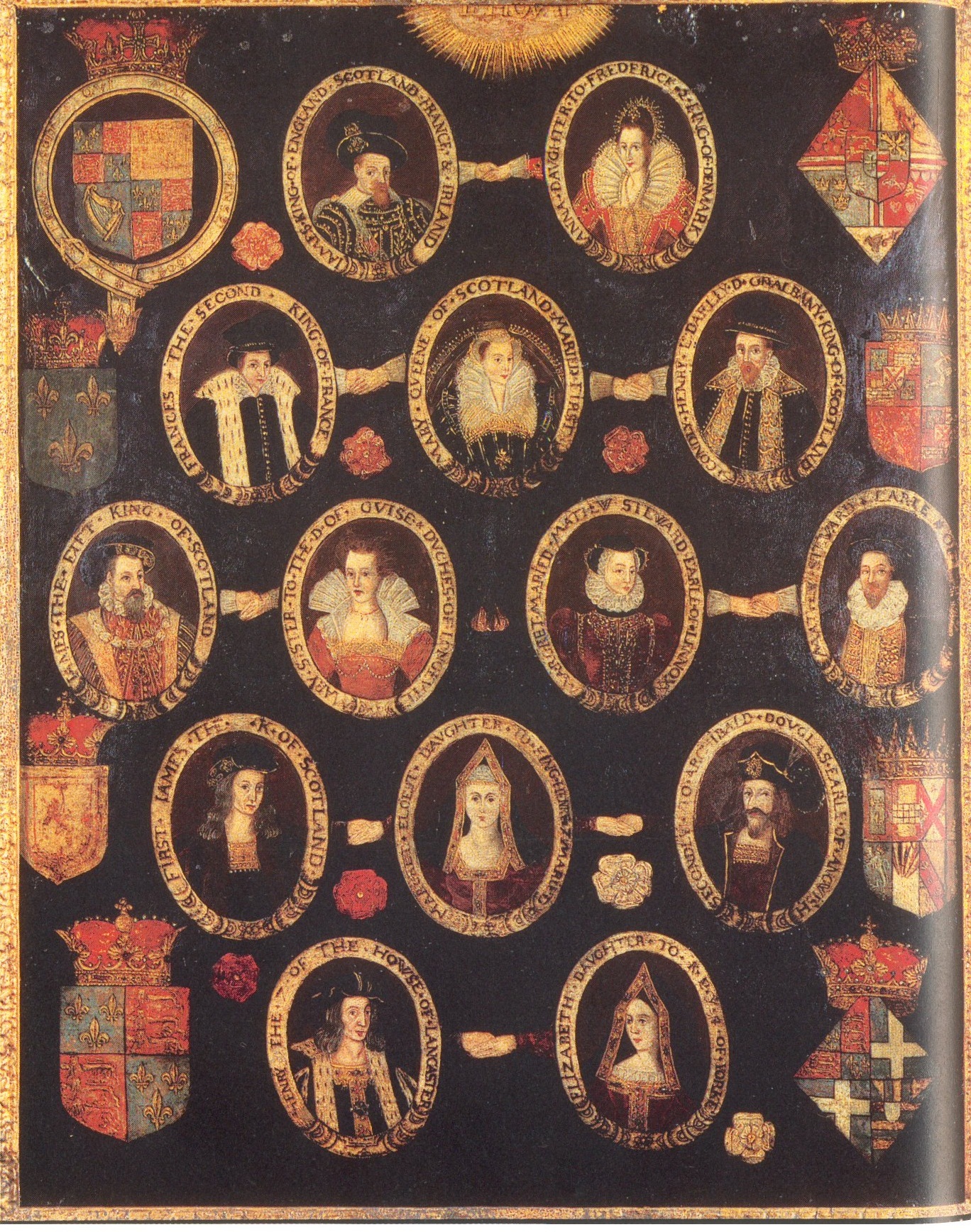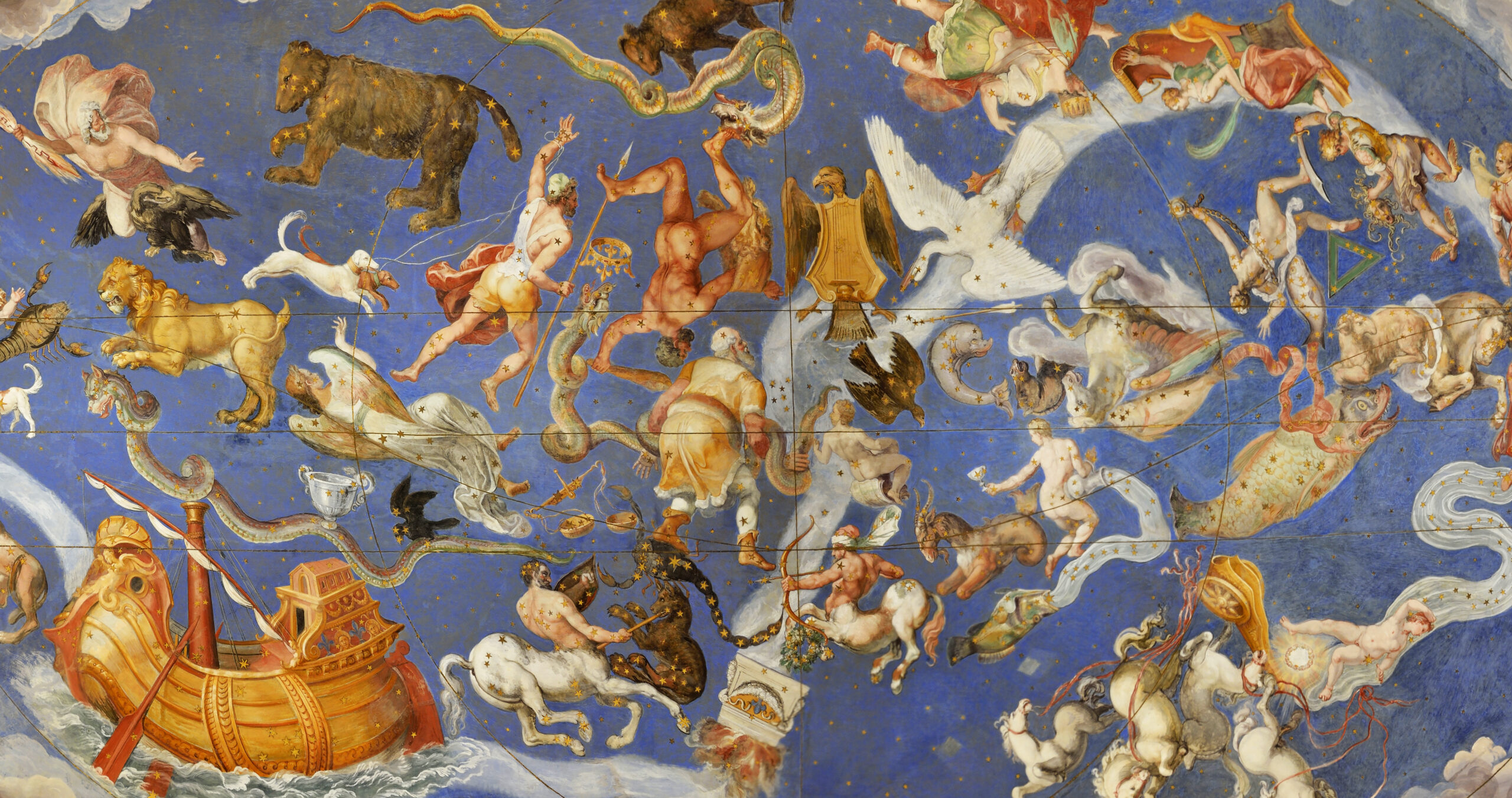Christian hope is a supernatural virtue by which the soul confidently expects eternal life and the means to attain it, grounded in God’s promises. Far from opposing love, hope flows from it—expressing the soul’s deep yearning to be united with God in Heaven. This longing shapes the Christian journey, sustaining us through trials, and urging us to desire what Christ has won for us: eternal union with God.
The Object and Nature of Christian Hope
Hope is a supernatural virtue by which we confidently expect, in virtue of God’s promise, the endless happiness of Heaven and the means necessary for its attainment. To be convinced of the inestimable value of this virtue, and to have a constant incentive for its practice, it will be profitable to consider the objects of our hope, its motives, its qualities, and its effects.
The first and foremost object of our hope, the object by excellence, is the possession of God in Heaven. We are not to suppose that the hope of possessing God in Heaven in any way interferes with the virtue of love. They are not opposed; in fact, the hope of eternal happiness is inseparably united with love, for only in Heaven will the completion and perfection of love be found. According to St. Thomas, with the idea of friendship is intimately united the mutual sharing of goods, for as friendship is nothing else but a mutual attraction it follows that friends must do as much good to one another as is in their power. Without this mutual sharing of goods, says the Angelic Doctor, there can be no genuine friendship. (Ia IIae, Q. 65, a. 5). Our Lord called His disciples His friends because He communicated His mysteries to them: “I have called you friends because all things whatsoever I have heard of my Father, I have made known to you.” (John 15:15). According to the teaching of St. Thomas, love does not exclude the hope of the reward which God has prepared for us in Heaven; that very reward is the principal object of our love, for it is nothing but God Himself, the vision of whom is the eternal happiness of the elect. “Friendship,” says the Angelic Doctor, “requires that a friend be in possession of his friend.” This is that mutual communication or surrender of which the spouse in the Canticle speaks when she says: “My beloved is mine and I am his.” (Cant. 2:16). In Heaven the soul gives itself entirely to God and God gives Himself entirely to the soul, as far as its capacity and merits will allow.
Love, says Dionysius the Areopagite, strives, in accordance with its nature, after union with the object loved; or rather, as St. Augustine remarks, love is a golden chain which binds together the hearts of the lover and the loved one. But since this union cannot be effected between those that are separated, the lover continually yearns for the presence of his beloved. When the spouse in the Canticle saw herself separated from her Beloved she was consumed with longing and begged her companions to make known to Him her anguish, to induce Him to afford her some consolation by His presence: “I adjure you, O daughters of Jerusalem, if you find my beloved, that you tell him that I languish with love.” (Cant. 5:8). A soul that tenderly loves Jesus Christ cannot live here below without the most ardent longing to be united with Him in Heaven, where He will be her reward exceeding great.
The Effects of Hope and the Longing for Heaven
As long, therefore, as our soul is not perfectly united with God in Heaven, it will never enjoy true peace. Those who love Our Lord sincerely find peace of heart, it is true, in conformity to the will of God; but perfect peace and perfect rest they shall never have here below. This we shall acquire only with the attainment of our last end, the vision of God face to face and His ineffable love. As long as the soul is separated from her last end she shall continue to sigh with the prophet: “Behold in peace is my bitterness most bitter.” (Is. 38:17). Yes, my God, I live in peace in this valley of tears, for such is Thy holy will; but I cannot but remember, with unspeakable pain, that I am not as yet perfectly united with Thee, the Source of all peace and rest, the Goal of my heart’s desire. It was for this reason that the Saints yearned for their heavenly home, consumed as they were with an ardent love for God. Holy David complained about his long and weary exile: “Woe is me that my sojourning is prolonged.” (Ps. 119:5). Only the hope of eternal happiness could console him: “I shall be satisfied when thy glory shall appear.” (Ps. 16:15). St. Paul desired nothing more ardently than to leave this world and to be with Christ: “I desire to be dissolved and to be with Christ.” (Phil. 1:23).
“The good that I hope for,” says St. Francis of Assisi, “is so great that every suffering becomes for me a pleasure.” All these expressions of ardent longing are so many acts of perfect love. St. Thomas teaches that the highest degree of love that a soul on earth can attain is an ardent desire for Heaven, to be there united to God and to possess Him forever. The greatest suffering that the souls in Purgatory endure proceeds from this longing for the possession of God, and this pain is felt especially by those who in life had but a feeble desire for Heaven. Cardinal Bellarmine thinks that in Purgatory there is a place where souls endure no pains of sense, but are tortured solely by the loss of the presence of God. (De Purg., 1. 2, c. 7). St. Gregory, St. Vincent Ferrer, St. Bridget and St. Bede the Venerable cite a number of such instances where souls are tormented not on account of sins committed, but because of the absence of a desire for Heaven. There are souls that strive after perfection, but without any special desire to leave this earth and to be united to God. But since eternal life is a priceless treasure that Jesus Christ has purchased for us by His death, those souls that have but a feeble desire to possess it will have to suffer later on this account. There are three things necessary for the attainment of eternal life: the pardon of our sins, the victory over temptations, and the crown of all graces, a holy death. These three things are accordingly the objects of our hope.
ooo
This article is taken from a chapter in The School of Christian Perfection by Saint Alphonsus Liguori which is available from TAN Books.

